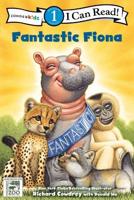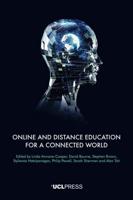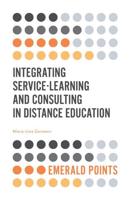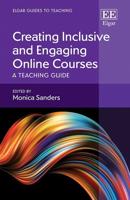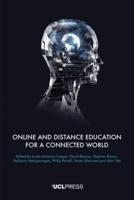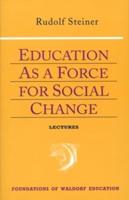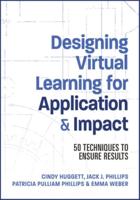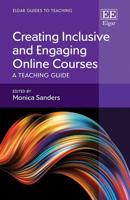Publisher's Synopsis
UNSPELL offers a phased approach to learning to read English. During the first phase, the student learns a simple, largely phonetic rendition of spoken English-sufficiently simple to be absorbed by even the youngest learners, and designed to work around dyslexia and other learning impediments. It makes learning to read English almost as automatic and effortless as learning to speak it.
UNSPELL can provide the base level of literacy that should be the birthright of every English-speaking person, regardless of ability, motivation, access to education, or any number of mental or physical handicaps.
The first phase requires very little formal instruction beyond what is contained in this booklet. There is even less need for carefully graded texts, since the student is immediately able to pronounce any arbitrary text with good diction. Learning to read is de-emphasized in favor of actually reading, and achieving literacy becomes a largely self-directed and self-motivated activity.
During the second phase, the student, already having breezed through a stack of age-appropriate popular titles, is introduced to conventional English orthography. This should begin only when the student is developmentally ready-typically between the ages of eight and ten-to handle the flood of idiosyncratic, ambiguous and obsolete spellings. For this formidable task, UNSPELL provides a solid foundation: the student has already achieved full phonological awareness of the abstract forms that underlie spoken English (which English orthography tends to obscure) and has internalized the alphabetic principle of direct grapheme-phoneme correspondence (which English orthography largely ignores). It has been known to science for over a decade that these are the two key prerequisites for becoming a proficient reader. UNSPELL takes the next logical step-of teaching them directly.
English orthography is broken, but students need not be broken by it. Think of written English as a dead language-or rather, a mix of several dead languages: Norman French, Vulgate Latin, a tiny bit of Greek and, last but not least, Middle English. A basic introduction to their contributions to today's written English can go a long way toward reducing the student's inevitable stress and confusion. But this will be the subject of another book-to be written in UNSPELL, of course.
Home-schoolers, Special Education teachers, English as a Second Language teachers and Adult Literacy teachers are all encouraged to give UNSPELL careful consideration.

